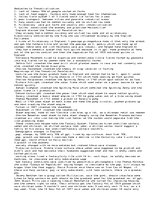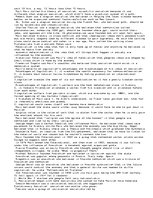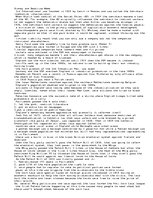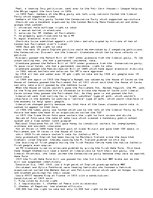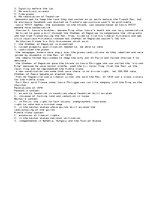-
Industrial Revolution
6. No restoration of Feudalism
-peasants got to keep the land they had worked on as serfs before the French Rev. but no enclosure movement was started so France's agriculture wasn't so profitable
-Louis XVIII nephew, the successor to the throne, was assassinated so Louis XVIII became more conservative
-Charles X, Louis's brother, became King after Louis's death and was very conservative
-He tried to pass a bill through the Chamber of Deputies to compensate the immigrants who had fled France during the Rev. Also, tried to fire his liberal ministers and get ultra-royalists ministers instead but Chamber of Deputies wouldn't let him
-So Charles X made his July Ordinances which said:
1. the Chamber of Deputies is dissolved
2. raised property qualification needed to be able to vote
3. restricted the press
-the newspaper owners were angry over the press restrictions so they rebelled and were joined by students in the Rev. of 1830
-the rebels formed barricades to keep the army out of Paris and forced Charles X to abdicate
-the Chamber of Deputies gave the throne to Louis Philippe who was called the 'citizen King' because he wore normal clothe, used the tri-color flag [from the Rev] as the royal flag and he represented the middle class
-a new constitution was made that said there is no divine right, let 200,000 vote, Chamber of Peers became an elected body
-Alex de Toqueville was a liberal writer who said the Rev. of 1830 was a class victory for the middle class
-Karl Marx said France under Louis Philippe was run like company with the King as the chairman
…

